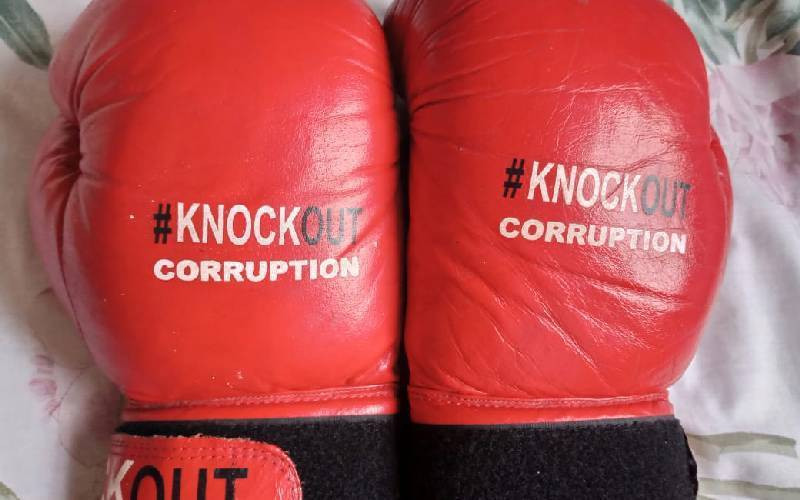×
The Standard e-Paper
Kenya’s Boldest Voice

President Uhuru Kenyatta has advised Kenyans not to vote for land cartels. This is good counsel from the retiring head of state and government. Cartels are easily the worst social pests, anywhere. They reap where they have not sown, and gather where they have not scattered.